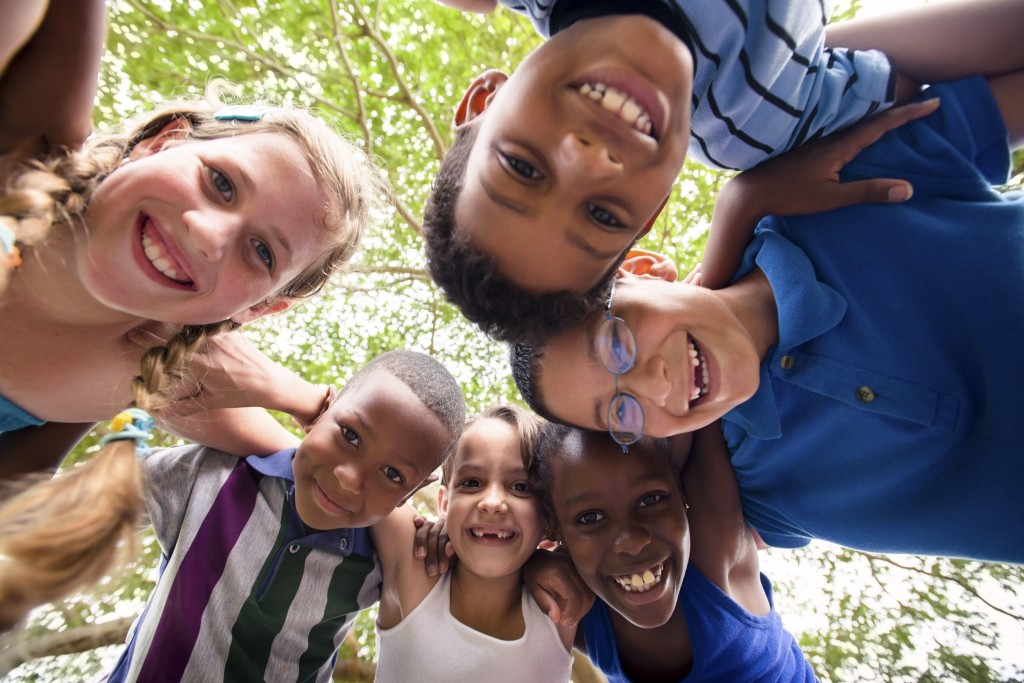
The Key to Healthy Relationships Social skills are the essential tools that enable us to build and maintain rewarding relationships. They empower us to navigate social situations with confidence, make sound decisions, and communicate effectively with others. The ability to master social interactions has a profound impact on various aspects of life, including academic achievement, behavior, family and social relationships, and participation in extracurricular activities.
While everyone experiences the occasional awkward social moment, some children and adolescents struggle with persistent deficits in social skills. For these individuals, connecting with others and forming and sustaining friendships can be a significant challenge, whether at school, in sports, or within their peer groups.
Early Intervention: The Key to Social Success
Recognizing signs of social skills deficits in your child early on is crucial. At a young age, these issues can be addressed through our early intervention services for infants and toddlers, helping children develop and improve their social skills before they become more challenging to manage.
Common Examples of Social Skills Deficits
Children with weak social skills may exhibit difficulties in any or all of the three fundamental steps involved in social interactions:
Perception:
- Struggles to interpret facial expressions or body language.
- Tends to be an ineffective listener and often misses the main point of conversation.
- Displays limited interest in social interactions.
- Fails to recognize rejection cues from others.
Interpretation:
- Tends to take language and expressions literally and has difficulty understanding sarcasm.
- Lacks proper social greetings, information-seeking skills, or the ability to capture someone’s attention.
- Struggles with perspective-taking, making it hard to understand others’ viewpoints.
Response:
- Shares information inappropriately, sometimes divulging personal details at the wrong time.
- Frequently interrupts conversations or blurts out answers without waiting their turn.
- Restlessness and fidgeting are common behaviors.
- May veer off-topic or dominate conversations.
- Struggles to adapt language and behavior to different social situations or people.
Exploring the Causes of Social Skills Weaknesses
Various factors can contribute to weaknesses in social skills among children and adolescents. Such deficiencies tend to become more apparent as individuals age and social environments grow more complex. Common conditions associated with weak social skills include Attention-Deficit Hyperactivity Disorder (ADHD), Autism Spectrum Disorder(ASD), non-verbal Learning Disability (NVLD), and social Communication Disorder (SCD). Additionally, environmental factors, past social challenges, anxiety, or depression can also play a role in the development of social skills deficits.
Addressing Social Skills Deficits: The Path to Improvement
Many children do not naturally outgrow their social challenges, but there is hope. Social skills training can be a highly effective approach for enhancing the vital skills needed to improve social interactions. Our Social skills groups provide children, tweens, and teens with not just a supportive but a safe environment so they can learn and practice social skills alongside peers. Our goal is to help them develop a more natural and confident approach to social interactions.
Frequently Asked Questions (FAQs)
What are social skills, and why are they important?
Social skills are essential tools that enable us to build and maintain meaningful relationships. They help us navigate social situations with confidence, make good decisions, and communicate effectively. Mastering social interactions impacts academic success, behavior, family and social relationships, and participation in extracurricular activities.
Do some children struggle with social skills?
Yes, some children and adolescents face challenges with their social skills. For them, connecting with others and forming friendships can be difficult, whether at school, in sports, or with peers.
Why is early intervention important for social skills development?
Recognizing social skills deficits in your child early on is crucial. Early intervention services for infants and toddlers can help children develop and improve their social skills before these issues become more challenging to manage.
Can social skills deficits be mistaken for shyness or introversion?
Yes, sometimes social skills deficits are mistaken for shyness or introversion. While shyness is a personality trait, social skills deficits go beyond shyness, impacting one’s ability to navigate social interactions effectively.
How long does it take to see improvements in social skills?
The timeline for improvement varies from individual to individual. Some may see noticeable changes relatively quickly, while others may require more time and consistent practice. Patience and ongoing support are essential.




